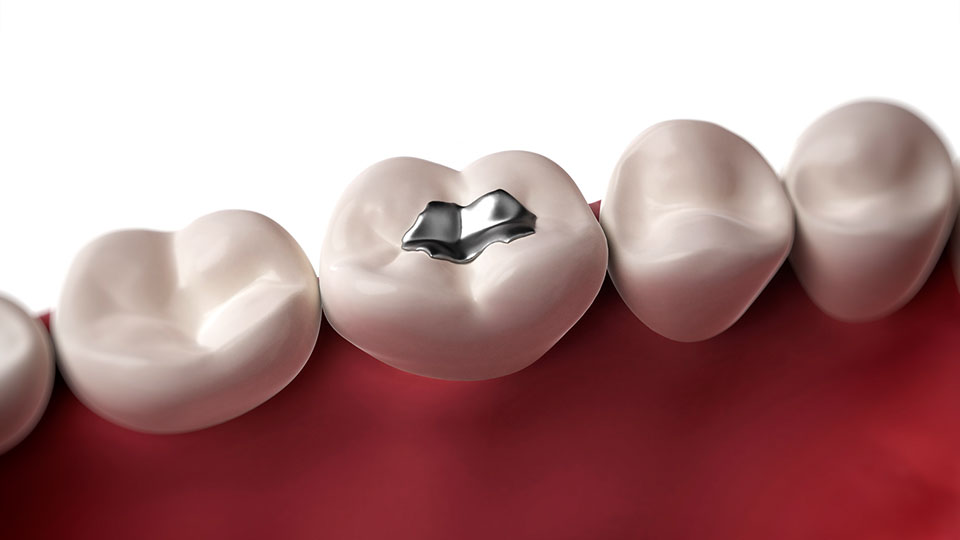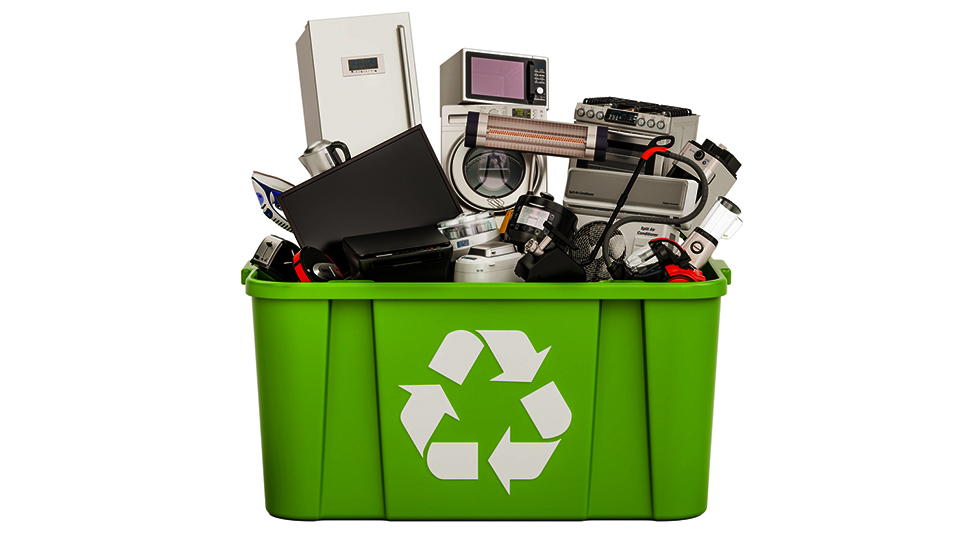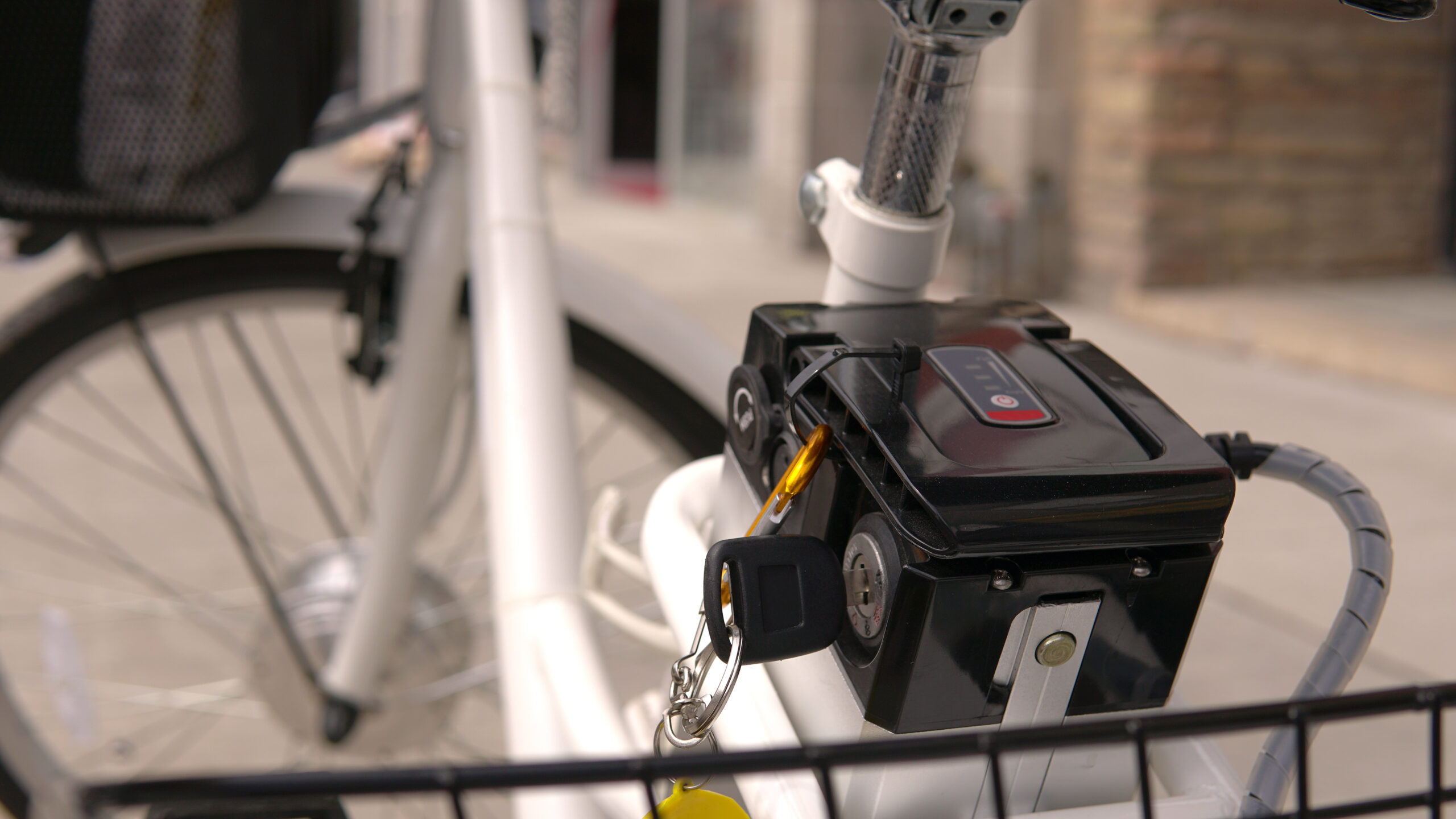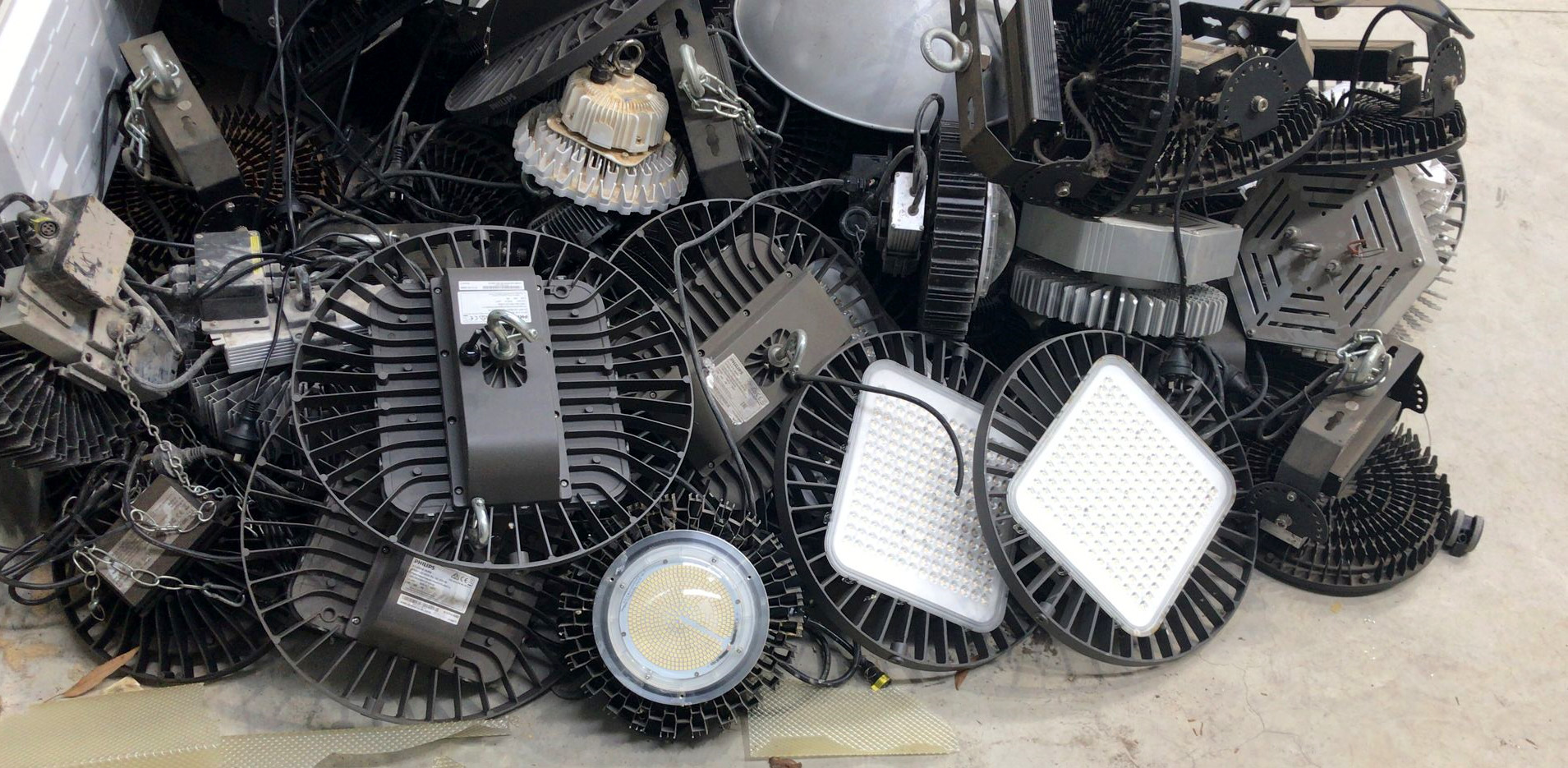When talking about the safe recycling of old computer hard drives there are three main issues to consider.
Fortunately, they all have the same simple solution.
Cyber safety
Your old hard drive may contain a lot of information about you or your business, and obviously you don’t want your financial, health, corporate and personal information ending up in the wrong hands.
It isn’t enough to just delete files, and even reformatting your hard drive may not prevent an expert from recovering your data.
If your computer stops working your hard drive may still be fine, and able to be read by transferring to another computer.
Human safety
We’ve all seen news stories of men, women and children in developing countries melting down circuit boards over open fires while surrounded by clouds of toxic smoke coming from burning e-waste.
The toll this takes on the health of the people concerned is huge, and is largely the result of rich countries exporting their e-waste problem to poorer countries.
Environmental safety
Large amounts of e-waste continue to be dumped in landfill from where toxic components, including mercury and lead, can leach out into the wider environment.
Disturbingly, this is still the case in Australia, as it is in both developed and less developed countries around the world.
The safe way to recycle
The good news is that it is getting easier to ensure your old hard drives are safely recycled.
This has, in part, been driven by the National Television and Computer Recycling Scheme (NTCRS). This scheme provides numerous drop-off points around Australia for old computers and TVs.
The NTCRS requires participating recyclers to be certified to AS 5377. This Australian standard addresses the collection and treatment of electrical and electronic waste and is designed to deliver positive health and safety outcomes.
Commercial quantities
The NTCRS is primarily aimed at households and small business.
Larger organisations will therefore need to engage directly with either their IT hardware supplier or an appropriately certified e-waste recycling company to ensure the safe recycling of their old computers, including hard drives.
Ecocycle is certified to AS 5377 and other health, environmental and quality standards and has a long history of safely recycling a wide range of e-waste types.
The first thing that happens to the hard drives that we receive is they are physically destroyed. This removes any prospect of data recovery.
Hard drives are largely made of aluminium and other base metals, so once disassembled the components go into commodity recycling streams. Other components are processed in-house or by our specialist recycling partners.
The world is coming around to the need to stop dumping e-waste in holes in the ground, and we all have a part to play in creating safe solutions.
To find out more about how Ecocycle can help your organisation ensure the safe recycling of hard drives and other e-waste, call us on 1300 32 62 92, or fill out the form below.






